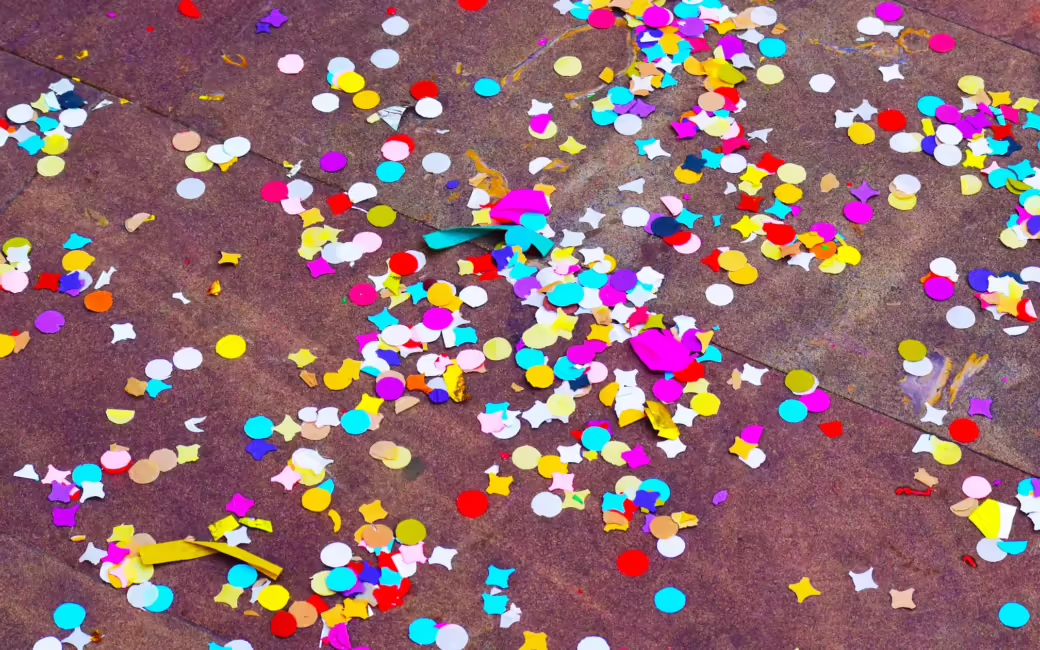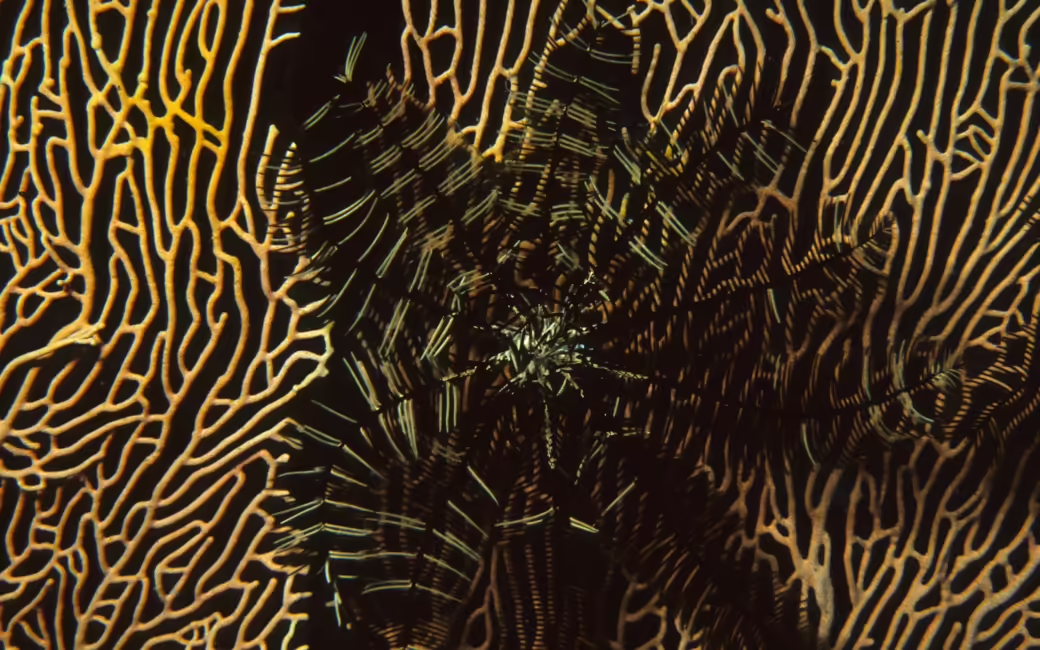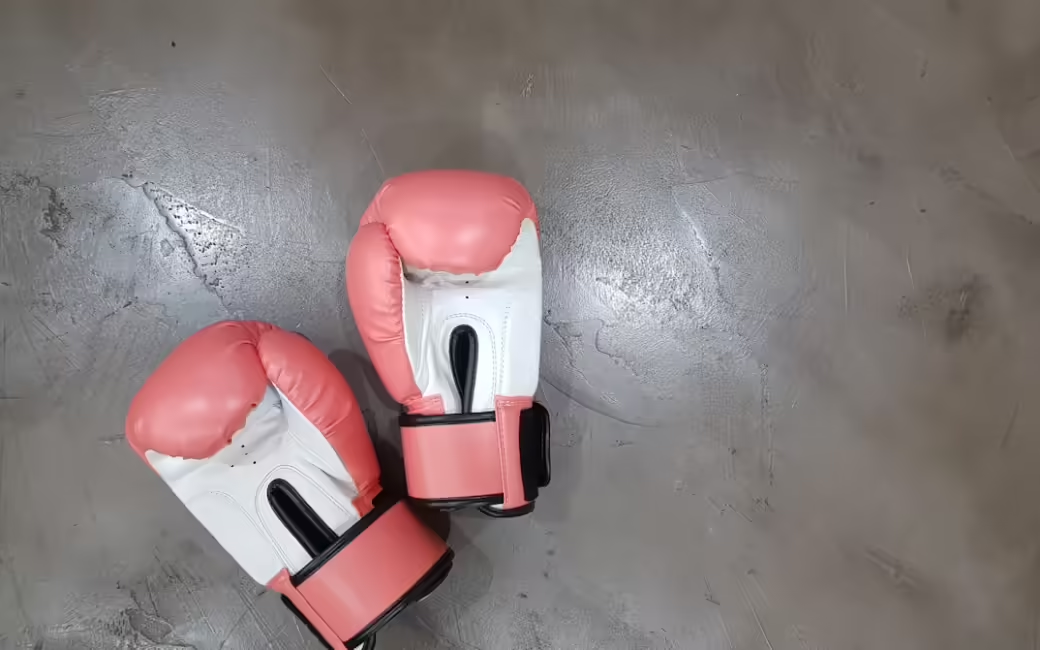“What’s the big deal? Just go knock on her door and ask her to be your friend!” instructed my mom, as if it was as simple as ordering at a drive-thru.
Susie was the only other Korean girl around my age living in our Southern Californian apartment complex. She also lived on the third floor and we went to the same elementary school, but that was the extent of our similarities. She had smooth, straight black hair that cascaded down her back, while I had coarse, frizzy black hair pulled back into a bushy ponytail. She was tan and tall, while I was pale and short. I was even shorter with my habit of hunching like a turtle with its head poked back in its shell. She had friends of all different ethnicities like she was the almond-eyed Claudia Kishi of The Baby-Sitters Club, while I had none. The greatest difference of all was that she was a fifth grader while I was a fourth grader. What could I possibly have to talk about with such an all-knowing, sophisticated creature?
But I was young enough to do as my mom ordered me to, even though the probability of rejection seemed to grow with each step I took in the long hallway. By the time I reached Susan’s corner apartment, I was covered in shadows. My right index finger went up to ring the doorbell, but hovered over it, trembling. Then, a reassuring thought popped into my mind, maybe she won’t be home. Praying for her absence, I pressed down on the hard, nubby doorbell.
A small chime sounded. Silence. I was about to turn around when the door cracked open.
“Oh, hey,” said Susan, looking both surprised yet bored.
“Hi,” I croaked.
She stood chewing gum, her hand still on the door, as I squirmed with my hands stuffed in my jeans shorts pockets. She had on an aquamarine t-shirt and breezy, white shorts that made her tan skin glow bronze. I noticed something sparkling from her neck. Half of a golden heart shone, inscribed with:
Be
Frie
Staring at the half jagged heart, I stammered.
“My mom wanted me to come over because...”
“Um, your fly’s open,” she interrupted.
My head snapped down and saw my zipper gaping wide open. Time stretched as I looked up to see her lurch back in slow motion as if unzippered pants were contagious. My tongue swelled in my mouth, thick and heavy as a slug. The heat spreading through my body and face felt like I was being boiled alive. I stood there silent and wide-eyed for what felt like an eternity. Then, as if a fast forward button had been pressed, I spun around and bolted as quickly as my legs would allow.
I ran down the hallway, pounded on the door, swung past my mom when she opened it with a scowl, and rushed into the bedroom. I collapsed onto the floor, covered my eyes with my right arm, and felt my heart thud into the carpet. Thunk, thunk, thunk, my heart clanged like a muffled alarm bell.
The next day, even though I told my mom that I was feeling sick, she checked my temperature, and sent me off to school. Cursing my good health, I trudged to school only to find that Susie didn’t taunt me or point me out while laughing with her friends during recess. I played by myself in my usual corner of the playground by the small maple tree. When the bell rang and Susie breezed past me without even throwing a glance my way, I had a strange urge to wave my arm and yell out, “Hey! Remember me? I’m the one whose zipper was down yesterday!” Instead, I kept quiet like I always did.
After I got home and did my homework on the kitchen table, I decided to finish making cascarones, Mexican Easter eggs. A couple days ago, I had cracked holes in three eggs, emptied the gooey contents into a bowl, and put the shells by the windowsill to dry. Now came the fun part! I ripped different colored construction paper and stuffed it into the eggshells. When the shells were full, I carried them out to the exposed concrete stairwell next to our apartment.
I stood on the landing and gingerly grabbed one cascarón.
“Hi-yah!” I shouted as if I was doing a karate chop.
I smashed the cascarón against my forehead. It was what I wanted to do ever since I learned about them, but instead of confetti twirling down like snow, the heavy construction paper scraps dropped like rocks onto my shirt and the ground. I rubbed my forehead where a red mark was forming. Determined, I smashed the second cascarón to the left side of my head. The clunky confetti plummeted. I completed my ritual and smashed the final one to the right side of my head.
This solo fiesta had fallen flat. I left the mess of eggshells and colorful scraps on the stairwell, as if three best friends had a raucous good time there.
That night, the shadows cast a different light on things—the TV emitted a sinister glow that illuminated tired bags underneath my mom’s eyes and deep lines around her mouth as we watched the nightly Korean news. At eight p.m. sharp, I slunk away from the living room to the room my mom and I shared, cordless phone in hand.
I called my dad. The phone rang once. Then twice. By the third ring, I could feel my eyes smarting with tears. What if he doesn’t pick up? What if he doesn’t want to talk to me ever again? I hated that I was acting like such a baby, but I needed to talk to him. I needed to talk to him every night. Our phone calls were the only time I was truly safe.
“Hello,” he answered.
“Hi appa!” I exhaled after gulping down my relief.
“How are you tonight?”
“Good,” I lied. “Appa, how did you make friends when you were my age?”
“Hm,” he paused. “When I was a kid, I liked to play cowboys and robbers, and so did other little boys, so we just played it together.”
“Right,” I said, certain that he never made the deadly mistake of having an open zipper.
“Do you wish you had friends?”
“Not really. I like being at home and reading.”
“You’ll make friends in no time. It’s because I moved away that you’re having these… difficulties.”
“I’m sorry.”
I was apologizing for taking his recent move far worse than my fourteen-year-old sister whose phone time with her gaggle of friends was interrupted for my daily nighttime calls with him. I was apologizing for not sleeping at night, and feeling more zombie than human at school. Mostly, I was apologizing for being afraid—afraid of the night, afraid of my mom, and afraid that nothing would fill the nighttime void in my chest ever since he left.
“Children shouldn’t apologize to their parents,” he hushed. “It’s me who should apologize to you.”
I fell quiet, the string of apologies tangled inside of me.
“You’re going to be ok,” he soothed. “I just know it.”
That evening, I brushed my teeth and changed into my Little Mermaid nightgown. I climbed on the queen bed my mom used to share with my dad. I crawled to the left side and she took her usual spot on the right side. I closed my eyes, waiting for drowsiness to magically appear. Instead, I could hear my heartbeat quickening in my ears. I had read that a mouse’s heart rate is ten times faster than a human’s. I was a human with the heart of a mouse. I felt certain I was going to die any minute with my heart pounding at this rate. My mom started softly snoring next to me.
Then I heard a faint rustling sound coming from the living room. What was that? I thought. It has to be a burglar! I pictured a masked face and gloved hands prying our front door open. I gulped as I imagined the weapon he would use to kill me—would it be a long, sharp knife or a gleaming black pistol? I shifted to my right side as my mom let out a small, irritated groan.
I laid rigid with my eyes wide open, waiting to hear our bedroom door creak open and padded footsteps lunge towards us. But, nothing. Of course there was no burglar. I was simply losing my mind. I would go crazy like my mom’s friend, an unremarkable ajumma with two kids, who had been institutionalized for hearing voices. She was released after a few months, but once back home, she stopped taking her medication and ended up hanging herself from the ceiling fan. I wheezed, feeling my fate wrap around my throat, and cried into my pillow.
That’s when my mom yowled awake, tearing the blanket off her body.
“Again!” she shrieked. “You’re waking me up for that man again! If you miss him so much, why don’t you just go live with him? I can’t stand this anymore!”
“I’m sorry,” I sobbed.
She stormed off into the living room where I heard the TV roar back to life, and I wailed into my sodden pillow. Stupid, I’m so stupid, I thought. This is why Dad’s never asked me to live with him.
The next two years followed this routine.
On the first day of middle school, I stood in the cavernous cafeteria with my lunch tray in front of me. The clamor of five hundred kids was deafening. Everywhere I looked, I saw a blur of unfamiliar faces. I tasted metallic panic rising up. Suddenly, two smiling girls appeared.
“Oh my gosh, you’re so cute. Isn’t she too cute, Sunny?” one crooned.
I looked around to make sure they were talking to me. The one who spoke was my height, but her crown of clear plastic mini hair claws made her seem taller and regal. Sunny had high cheekbones that made her eyes look wild and feline. They both sported sticky, pink lip balm that made their mouths shine like dewy orchids.
I was wearing a brand new outfit—a white Calvin Klein t-shirt and light blue bell bottom jeans—that had the desired effect of making me blend in with other kids and not stand out. Also, my mom convinced me to cut my hair into a bob for this new, mature chapter of my life, so my head had the silhouette of a mushroom. Yet, their eyes scanned me up and down in approval.
“Aw, she’s adorable. You look Korean. Are you Korean?” asked Sunny.
I nodded, wriggling from the attention, while wishing they would never stop admiring me.
“We’re Korean too! My name is Yoo-bin. What’s your name?”
“Jane. Jane Won,” I emphasized as if proving my Koreanness.
“You have to come eat lunch with us and our friends!”
I followed them as if I were floating in a dream. They led me to a table of all Korean girls, half of them clearly eighth graders with their relaxed familiarity with one another, and the other half, dazed seventh graders like me. Sunny sidled next to me and explained that they had a self-initiated unni, older sister, program where the eighth graders each chose a dongsaeng, younger sister.
“We’ll tell you all about the teachers, give you tips or advice, and just be there for you. We all had unnis last year, but now we’re the unnis,” she boasted. “Would you like to be my dongsaeng?”
“Hey!” interrupted Yoo-bin. “I want Jane to be my dongsaeng, too!”
“What if we share and we’re both her unnis? What do you think, Jane?”
I was speechless. These two goddesses were arguing over me. I somehow managed a nod. They squealed and hugged me simultaneously, enveloping me in a double bouquet of flower-scented shampoo.
Overnight, I made friends. Middle schoolers are pack animals, and we had organized ourselves neatly based on our ethnicities. All this time, I thought there was some special friendship skill that I had yet to unlock but it was simply a numbers game. There were too few of us Korean Americans scattered throughout different elementary schools, but when we were funneled into the same middle school, we hit a critical mass. Suddenly, we were a tribe some thirty members strong, and made our affiliation known by tagging Korean Pride or K.P. across our backpacks and binders with sharpies and wite-out.
All I had to be was Korean, which meant that I just had to be myself. All of us dongsaengs bonded over our love of K- pop bands like H.O.T., and even came to school dressed up like them in fuzzy, colorful oversized overalls, mittens, and hats. No one else knew why we had come dressed for a Siberian winter in the middle of the Southern Californian heat, but we felt smug as we sweated in our itchy, cheap knock offs.
I was undergoing a transformation that surprised everyone, including myself. At school, I was still the quiet, shy student, but after school, a different side came out.
“Hey, let’s all practice the choreography to Candy,” I suggested. I pitched this idea daily. When Hannah, Jessica, Janet, and Liz groaned, I shouted, “C’mon, the talent show’s coming up and we need to nail this routine. I’ll be Hee-joon!”
“You always get to be Hee-joon,” complained Liz.
“We already claimed our favorites and you picked Tony,” I reasoned.
“He’s my favorite, but his dance solo is the lamest.”
“Fine, I’ll swap for today, but tomorrow, Hee-joon’s mine again!”
It turned out that I was loud and bossy. I drove us to practice dance routines repeatedly until it met my expectations. I led us outdoors to the playground where our gangly bodies would make the swings groan tiredly. I suggested that we play handball, ride our rollerblades, and other outdoor activities that my friends had long grown out of. It was as if I was making up for my elementary school years spent alone.
“I knew you’d get better, but I couldn’t have imagined what a social butterfly you’d turn out to be!” my dad rejoiced. We now had our phone calls every other week.
My insomnia was a thing of the past. I collapsed onto the bed at night, grateful for rest after a day of talking with my friends at recess, after school, and on the phone when I got back home.
Our parents delighted in our Korean friend group, perhaps from seeing us follow in their footsteps of seeking refuge amongst other Koreans after they immigrated here. My mom seemed to see a bit of her in me for the first time.
“When I was your age, I had many friends too,” she reminisced. “It was all so simple back then.”
She was right. It could all be so simple.






